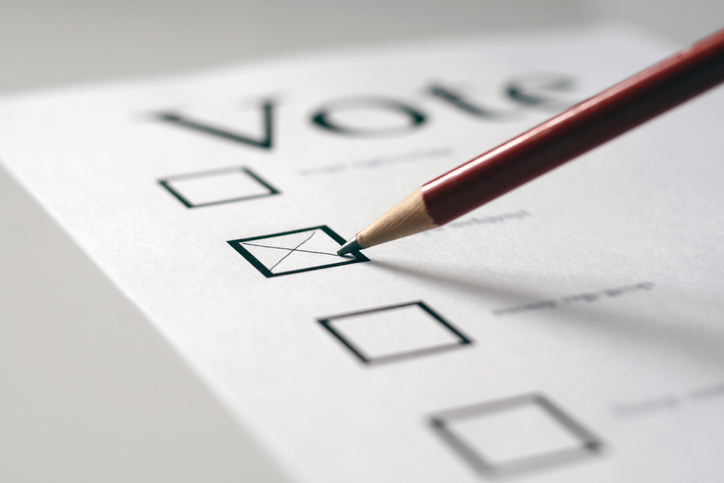Despite ACT Labor’s twenty-year rein of the Legislative Assembly, this years’ contest might be closer than first appears.
Picking up from the negative swing against all three major parties in 2016, (ALP – 0.5, Canberra Liberals -2.2, Greens -0.5) less than 2 % separates ACT Labor and Canberra Liberals – with the big unknown factor, the 2.5% of votes determined informal and unable to counted.
ACT Labor’s coalition partners, the ACT Greens’ and their 10.3% of first preferences does look to steady their ship, but the Canberra Liberals will be looking to take advantage of the 5.2 % swing against ACT Labor in Murrumbigee and potentially pick up a set in Yerrabi – in the first post-light rail election since 2008.
In 30-year-history of self-governance, the ACT Legislative assembly has been a tight battle, with only one government wining an outright majority when ACT Labor won the 2004 election with a two-seat majority.
The first hung parliament occurred in 1989; ACT Labor had the largest representation and formed government with the promise of supply from several non-aligned minor parties.
ACT’s first Chief Minister Rosemary Follett was elected by the Legislative Assembly and became Australia’s first leader of a government.
1992 was another hung parliament, Labor retained power with the support of independent Michael Moore.
1995 saw the introduction of the Hare-Clark quota-preferential-voting system and a third hung parliament.
Independence Michael Moore switched his support to the Liberal Party for their first tilt at governance, with Kate Carnell as their leader.
With Rosemary Follett as the Labor leader, this was the first and only time the leaders of both major parties at a state, territory, or federal election, were female.
1998 was the fourth hung parliament in a row and Kate Carnell and the Liberals second term – also the last time they were government.
In 2001, Labor, Kerrie Tucker from the Greens and Roslyn Dundas from the Democrats formed minority government.
2004 was the first election since the fixed four-year term was introduced and the first and only outright victory.
2008 Four ACT Greens’ candidates were elected to the legislative assembly and after weeks of negotiations Labor and the Greens signed the first of their three official parliamentary agreements.
This agreement made Greens leader Shane Rattenbury speaker; he became the first Greens party speaker anywhere in the world.
The Greens’ representation dropped back to one seat in 2012 but their coalition with Labor remained in another hung parliament.
That’s eight hung parliaments and numerous gender equality milestones for the territory that voted against self-governance in a plebiscite in 1978, with 63.75% of electors in favour staying under the Commonwealth responsibility.



